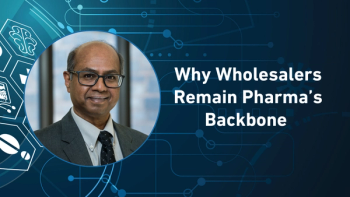
'Precision medicine' gets a nod in President Obama's State of the Union address
Details will come out later on what the new initiative entails
Those with a healthcare/pharma interest listening to the State of the Union address this week couldn’t help but notice the reference to a proposed Precision Medicine Initiative. “I want the country that eliminated polio and mapped the human genome to lead a new era of medicine — one that delivers the right treatment at the right time,” stated the President. “I’m launching a new Precision Medicine Initiative to bring us closer to curing diseases like cancer and diabetes — and to give all of us access to the personalized information we need to keep ourselves and our families healthier.”
It’s likely that the initiative will, if nothing else, guide some of the debate about healthcare research funding when the President’s budget arrives at Congress next month; generally speaking, Republicans have been supportive of expanded healthcare research even while they have lopped whole chunks of federal funding in previous budget debates. But the mention of precision medicine raises a number of questions—why now? And, what happened to “personalized” medicine, the previous research theme?
There has been a sporadic debate in healthcare research circles over the “precision” versus “personalized” themes; a National Research Council
There’s a
Newsletter
Stay ahead in the life sciences industry with Pharmaceutical Commerce, the latest news, trends, and strategies in drug distribution, commercialization, and market access.




